Men have long controlled top positions in the business world and affected decision-making, but in Pakistan, women are bucking the pattern and shattering glass ceilings. Pakistan may have some hurdles for women seeking high positions in industry and media due to the country’s increasing patriarchal standards, but many are rising to the occasion and succeeding.
From cracking the glass barrier to demonstrating their expertise over and again in numerous diverse sectors in Pakistan, these women have demonstrated that there is no alternative for them to be second to anybody when it comes to their strength.
To celebrate International Women’s Day, we are honoring Pakistani women CEOs who are paving the way after overcoming significant barriers to achieve where they are today.
1. 1. Sima Kamil
1.1. President – United Bank Limited (UBL)

Sima Kamil was named as United Bank Limited’s (UBL) first female chief executive officer and president in May 2017. Since 2011, Kamil has overseen Habib Bank Limited’s (HBL) Branch Banking and supervised a significant development of HBL’s branch network.
As the head of the HBL Asset Management Company Limited, she was responsible for HBL’s retail, consumer, small and medium company, and rural banking programmes, as well as the bank’s wealth management section. She also oversaw the creation and implementation of HBL’s Women’s Market Programme.
Kamil formerly worked in the microfinance business as a director of First MicroFinance Bank. She has also worked for big financial firms such as American Express and Standard Chartered Bank.
Kamil holds a business degree from Kingston University in the United Kingdom as well as an MBA from City University in London. She is on the boards of Karachi Grammar School and the Notre Dame Institute of Education.
2. 2. Shazia Syed
2.1. CEO – Unilever Pakistan Limited

Shazia Syed was appointed CEO of Unilever Pakistan Limited in November 2015. Shazia was the chairman of Unilever Sri Lanka Limited prior to her job in Pakistan.
Shazia has worked across most Unilever categories and headed the Customer Development and Home & Personal Care teams at Unilever Pakistan and Unilever Vietnam in her 26 years with the multinational.
Syed, who is currently the Chairperson and Chief Executive Officer of Unilever, has represented her employer all around the world. Syed has worked her way up in the organisation, from Business Unit Leader in Vietnam (2000-2003) to Chairperson of Unilever Sri Lanka (2013-2016).
Syed returned to Pakistan in 2009 and was commissioned in the Ice Cream Business for a year. She joined Unilever’s Board of Directors in April 2014 and was appointed CEO of Unilever Pakistan in November 2015. Syed was appointed CEO of Unilever Pakistan Foods Limited, a listed subsidiary of Unilever Pakistan on the Pakistan Stock Exchange, in March 2016.
3. 3. Musharaf Hai
3.1. Managing Director – L’Oreal
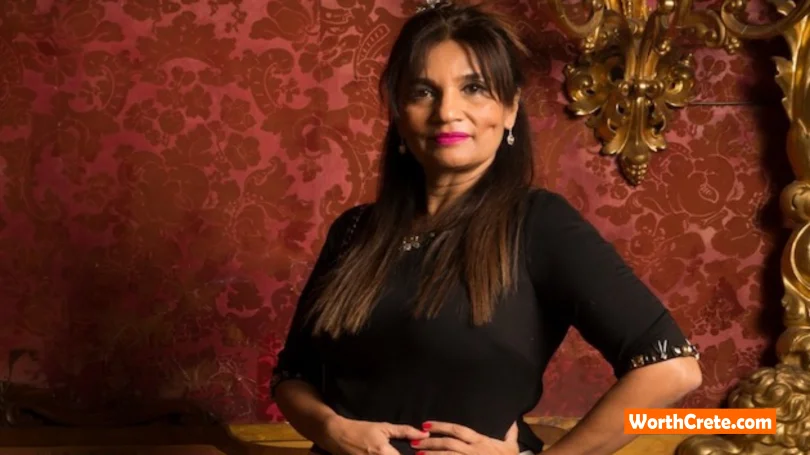
Musharaf Hai, the former chairman of Unilever Pakistan, is now the managing director of L’Oreal. She was the first woman to lead Unilever operations in Pakistan, and she left to introduce L’Oreal to the nation.
Hai joined Unilever Pakistan in 1983 in the Marketing Department, where she worked mostly in the Personal Care and Detergents sectors. She was deployed to Unilever Headquarters in London from 1993 to 1996, where she worked for Unilever’s East Asia-Pacific and Africa/Middle East businesses.
On her return to Pakistan, Hai was named Director of Unilever Pakistan’s Ice Cream Division, followed by Director of Home & Personal Care Division. She was then promoted to the role of Sales Director for the company. She was named chairman and CEO on July 1, 2001. Hai attended the London School of Economics as well as Boston University.
4. 4. Tahira Raza
4.1. President and CEO – First Women Bank

Tahira Raza was appointed President and CEO of First Women Bank in 2014. Raza, a banker par excellence, began her career in 1975 with Muslim Commercial Bank. Raza chose to join the First Women Bank Limited (FWBL) and became one of its founding executives in 1989.
She left FWBL after 14 years to join National Bank of Pakistan (NBP), where she became the bank’s first female senior executive vice president and group head risk management in 2012.
She began her career at Muslim Commercial Bank in 1975 and became a founding executive of the First Women Bank Limited (FWBL) in 1989. She has an MBA in banking and finance from the Institute of Business Administration in Karachi, as well as a banking diploma, DAIBP, from the Pakistan Institute of Bankers.
5. 5. Maheen Rahman
5.1. CEO – Alfalah GHP Investment Management
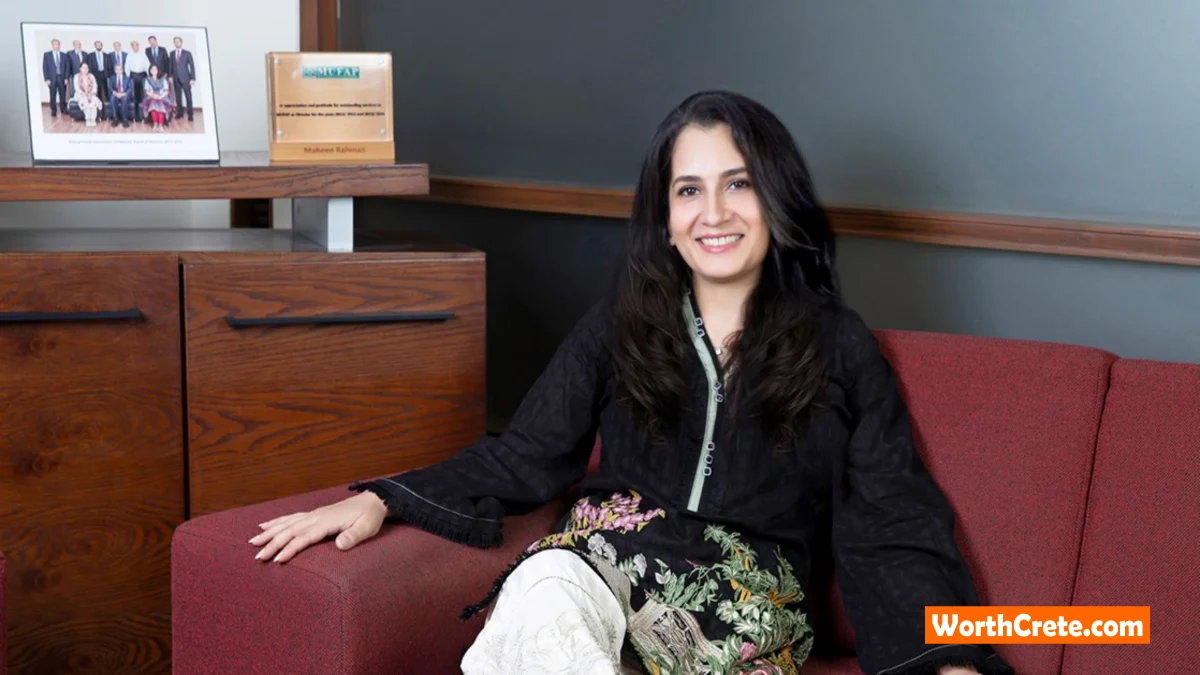
Maheen Rahman, the CEO of Alfalah GHP Investment Management, is the youngest CEO of any Pakistani asset management firm and the only female among 21 competing CEOs. In 2016, she was placed fifth on Forbes’ list of the “Top 40 Under 40.”
My biggest challenge has been building a reputation and trust in a market that values grey hair and being male.
Maheen Rahman – CEO Alfalah GHP Investment Management
Rahman took over as CEO of IGI Funds in 2009 and quickly turned the firm around, increasing assets under management in a year. The 15% return on equity contrasted sharply with the industry, which declined by 7% the same year. In 2013, Alfalah GHP Investment Management purchased IGI, and Maheen was appointed CEO.
After all these years, I still routinely get asked why I don’t just design clothes.
Maheen Rahman – CEO Alfalah GHP Investment Management
According to Profit study (details in another article), few women in Pakistan enter normally male-dominated occupations such as banking and finance, and even fewer reach it to the top. As a result, no list of such women would be complete without naming Alfalah GHP Investment Management’s Chief Executive Maheen Rahman, whom Bloomberg dubbed “Pakistan’s Most Amazing Money Manager.”
6. 6. Salma Jafri
6.1. CEO – WordPl.net

Salma Jafri’s first rejection from a global corporation marked a watershed moment in her career. The CEO of the firm was familiar with Jafri’s family and was aware of family conventions that required females to marry young and become stay-at-home mothers. Jafri realised after the interview that she would not be hired since she was a woman. Instead, she resolved to become an entrepreneur.
She finally launched the company WordPl.net, which assists young entrepreneurs with marketing material and provides marketing solutions to small enterprises in Pakistan.
Many women in Pakistan, like Salma, have entered the hitherto impenetrable male business world. Here is a list of notable outstanding female CEOs in Pakistani business.
7. 7. Roshaneh Zafar
7.1. Managing Director – Kashf Foundation
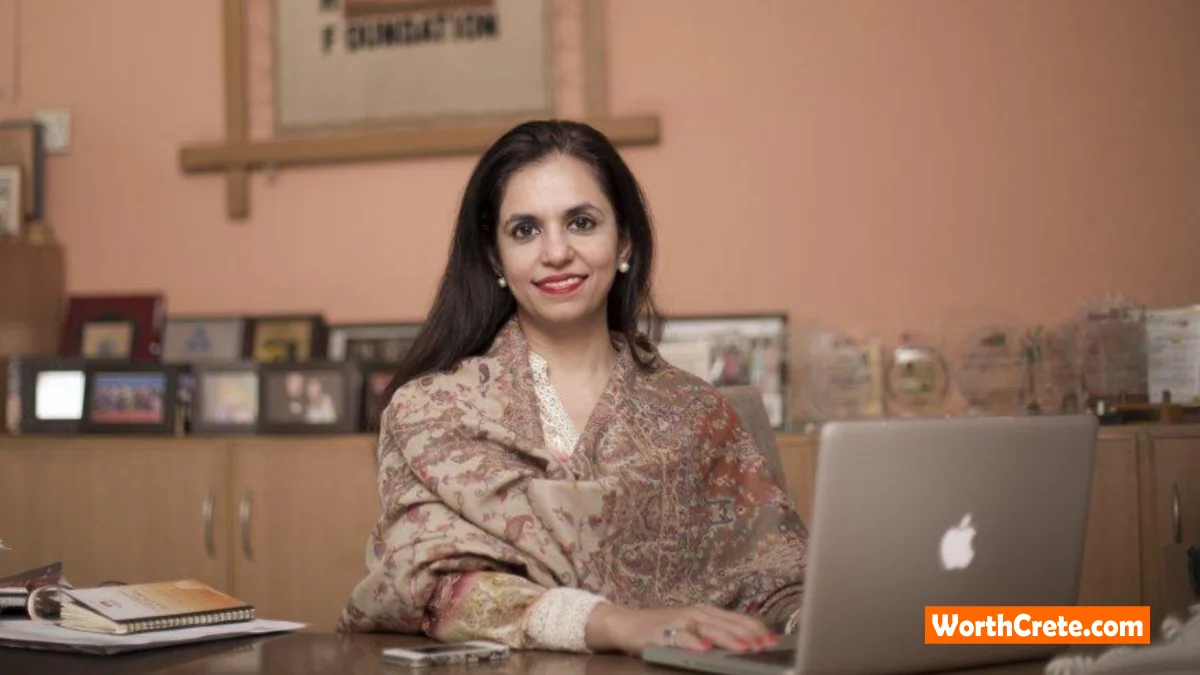
Ms. Zafar comes from a family of philanthropists, so it’s no surprise that she launched her own microfinance business with a team of four other women. She obtained her first business loan in 1996 and has since helped over 500,000 women and families via her organisation.
Social media and the internet represents a huge possibility to change global policies and we will definitely see more women in this space. One doesn’t have to be an elected leader of a country to carry weight.
Roshaneh Zafar
The foundation assists women by offering vocational and technical training and is Pakistan’s third biggest microfinance association. Ms. Zafar has also received the prestigious ‘Tamgha-e-Imtiaz,’ Pakistan’s highest civilian award, as well as the Skoll Award for Social Entrepreneurship.
8. 8. Sheba Najmi
8.1. Founder – Tech for Change
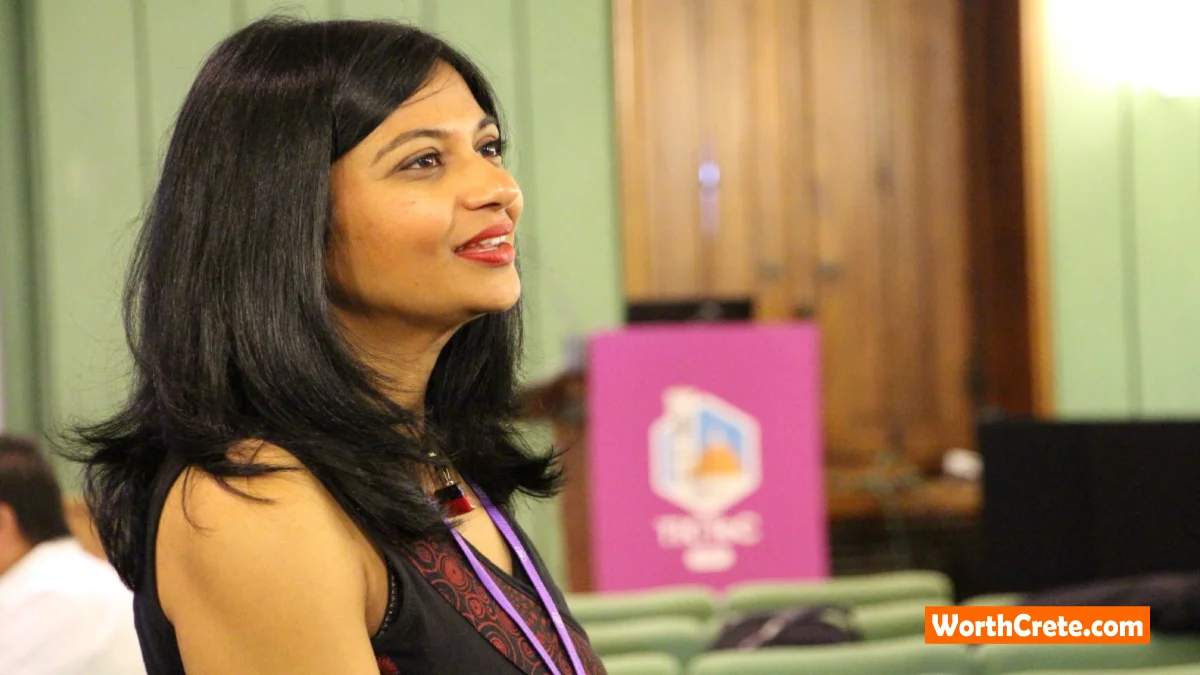
Ms. Najmi founded her own non-profit company, ‘Tech for Change,’ to assist entrepreneurs, developers, and designers in combating Pakistan’s civic issues.
She formerly worked as a lead designer for Yahoo Mail and has subsequently created a variety of initiatives, including Pakistan’s first civic ‘Hackathon’ in major cities and the Civic Innovation Labs, which provide digital initiatives for women.
She was also a Code for America fellow, and she has since copied the idea in Pakistan, extending fellowship chances to the country’s remote districts.
9. 9. Kalsoom Lakhani
9.1. CEO – Invest2Innovate (I2I)

Ms. Lakhani founded the company in 2011 as a training platform for prospective entrepreneurs in Pakistan. I2I teaches entrepreneurs and connects them with possible investors to help them stabilise their enterprises.
Ms. Lakhani has subsequently taken over as I2I’s network operations manager, and she is anxious to grow the network internationally. She formerly worked as a co-ambassador for SandBox, a technology services organisation, and is the founder of CHUP (Changing Up Pakistan), a platform for raising awareness of Pakistan’s concerns.
10. 10. Maria Umer
10.1. Founder – Women’s Digital League
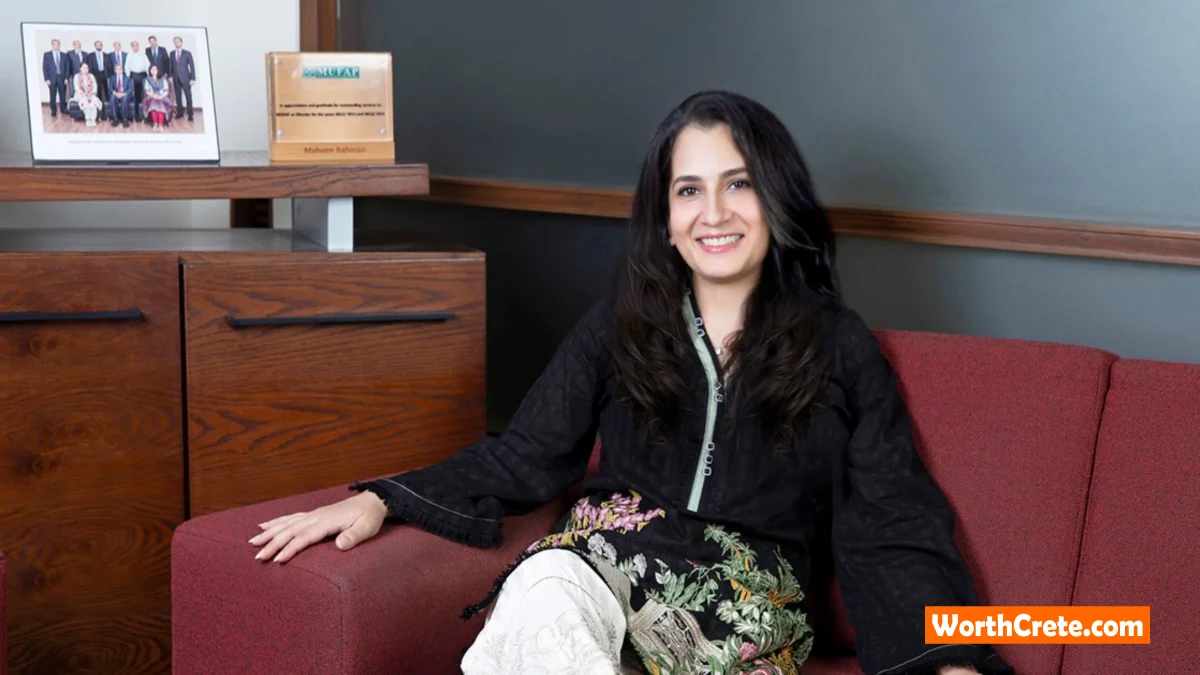
After being fired from her job for requesting maternity leave, Maria Umer decided to start her own business generating content. She started linking authors with potential clients by using an internet forum to create clientele.
She finally launched ‘The Women’s Digital League,’ which leverages social media to supply business clients with digital solutions.
11. 11. Saba Gul
11.1. CEO – Popinjay
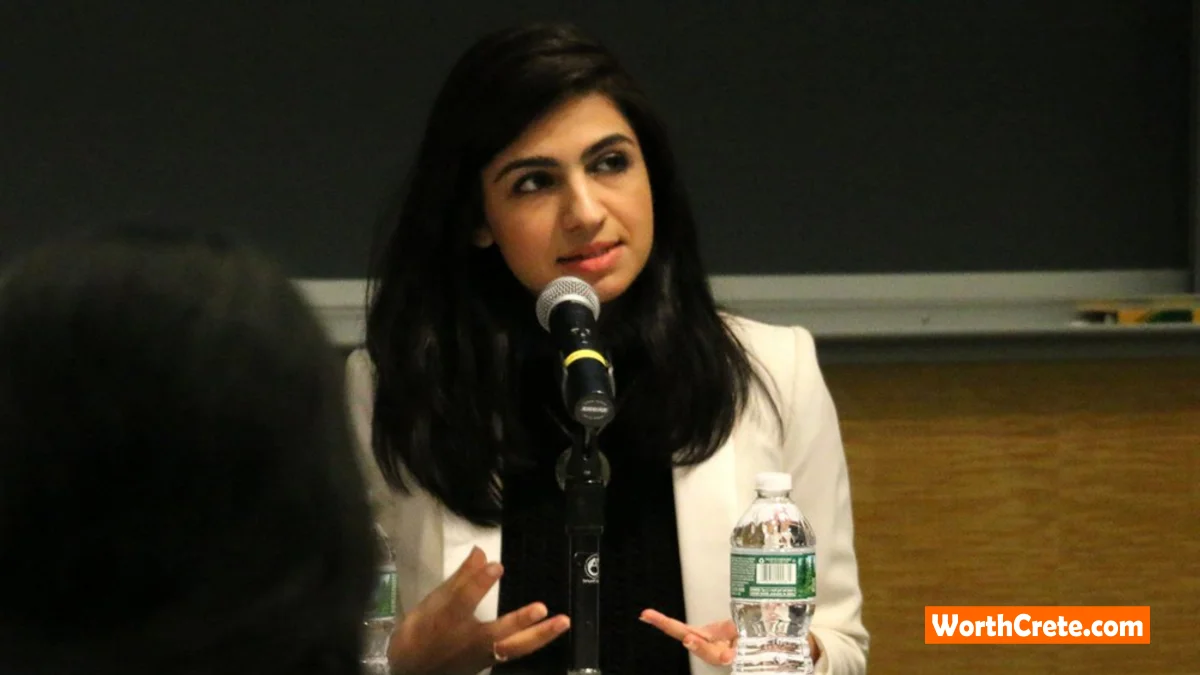
Ms. Gul, who holds a Masters degree in Computer Sciences and Economics from MIT, launched the non-profit organisation Popinjay to assist girls from rural areas in obtaining a better education.
Her firm offers language development such as English and Urdu, as well as skill development in Mathematics and entrepreneurial techniques. She has delved into assisting them with technical support in developing handbags and projects for mass marketing.
12. 12. Sultana Siddiqui
12.1. President – HUM Television Network
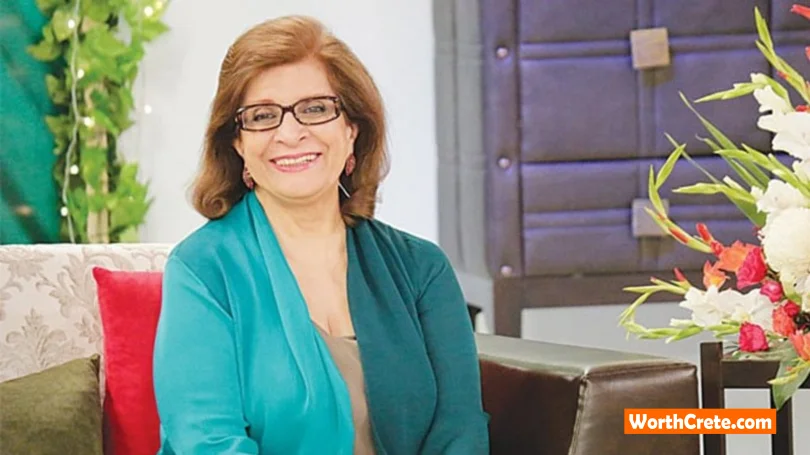
Ms. Siddiqui is Pakistan’s first female television network owner. She began her career as a television producer for Pakistan Television Network in the 1970s and has subsequently recruited significant talent for the entertainment sector.
In 1996, she founded ‘Moomal Productions,’ and in 2005, she founded the Eye Television Network, which was eventually renamed Hum Television Network in 2011.
The network now has three primary channels that broadcast primetime soap operas and food shows. The network also owns three significant newspapers that are published across the country. Ms. Siddiqui received the Pride of Pakistan award in 2008 for her contributions.
Currently, three channels operate under the Hum banner: Hum TV (entertainment), Masala TV (food channel), and Hum Sitarey (entertainment and lifestyle). According to rating companies, Hum TV soap operas have the most TV ratings during primetime hours. The corporation also owns three magazine titles: Newsline, Glam Magazine, and Masala Food Magazine.
Siddiqui received the Government of Pakistan’s Pride of Pakistan award in 2008 for her contributions to the media business. In 2010, her television network was named among the top 25 corporations on the Pakistan Stock Exchange.
13. 13. Jehan Ara
13.1. President – P@SHA
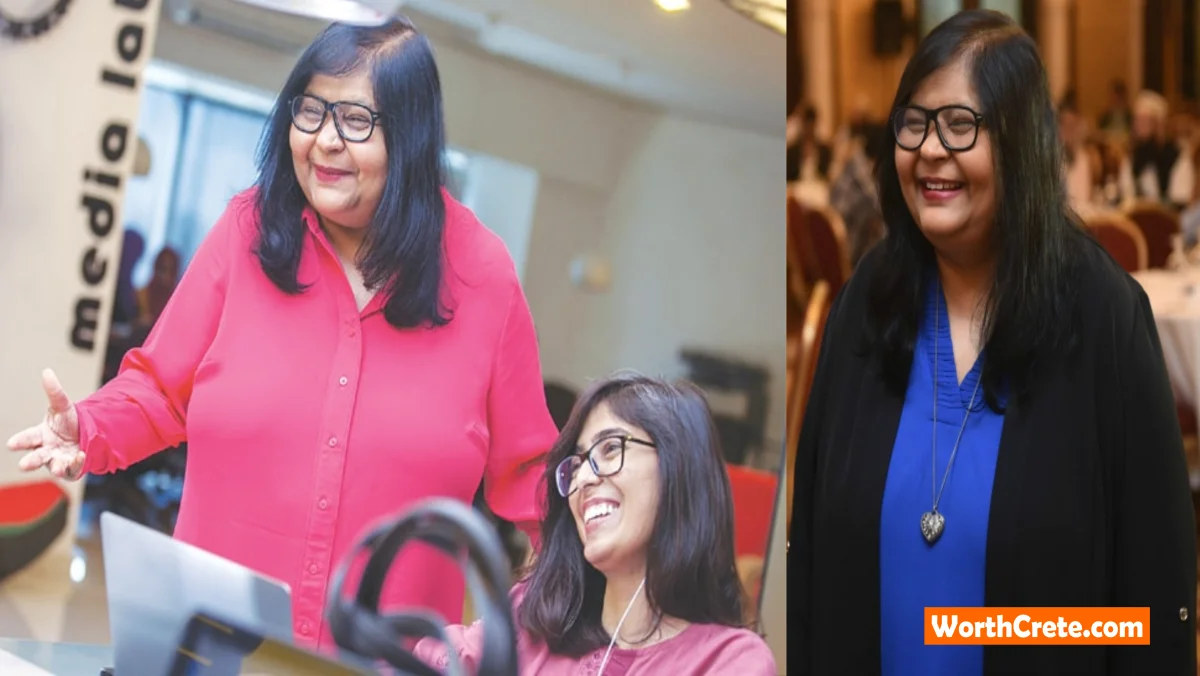
Ms. Ara is the President of Pakistan Software Houses Association, an IT and software organisation. Enabling Technologies, a multimedia programme to boost Pakistan’s IT economy, was started by her.
She is an outspoken supporter of cyber security, privacy, and data protection. She is presently leading the movement ‘Take Back the Tech,’ which aims to raise awareness about violence against women using technology.
14. 14. Fareiha Altaf
14.1. Director Catwalk Event Management & Productions
In 1989, she founded Catwalk, a fashion management company, and staged events for clients she considered friends. She later popularised the “Red Carpet” tradition in Pakistan and has since organised several events and Entertainment Award Shows around the nation. Catwalk now hosts events for large clients such as Unilever and Coca-Cola.
15. 15. Aleema Khanum
15.1. Cotcom Textiles
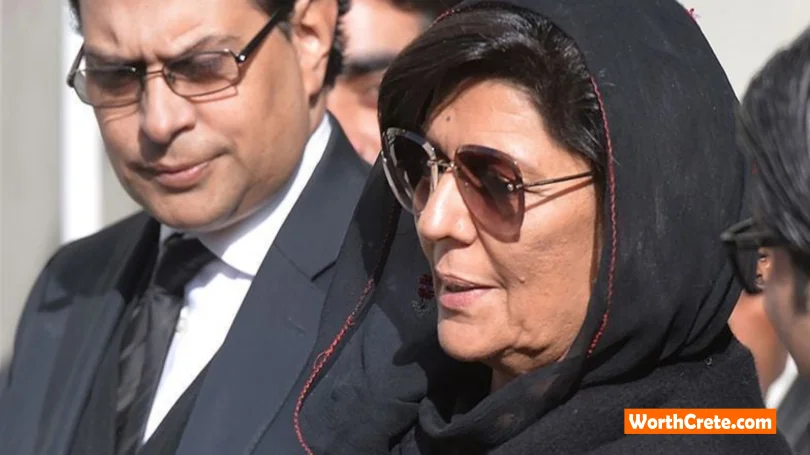
While her brother, Pakistani cricketer turned politician Imran Khan, is in the midst of a social revolution, Ms. Khanum, a businesswoman and philanthropist, manages her own textile supplier’s company with connections in Lahore and New York. Her textile purchasing company serves multinational brands from all over the world.
Ms. Khanum, who holds a Masters degree in Business Management, worked as the marketing director at Shaukat Khanum Memorial Cancer Hospital in addition to managing her own company. Her brother founded the hospital, which offers free care to cancer patients and has a research facility.
She also serves on the boards of the Imran Khan Foundation, Namal Education Foundation, and the SAARC Association of Home-based Workers.
16. 16. Sidra Qasim
16.1. Co-founder – Markhor
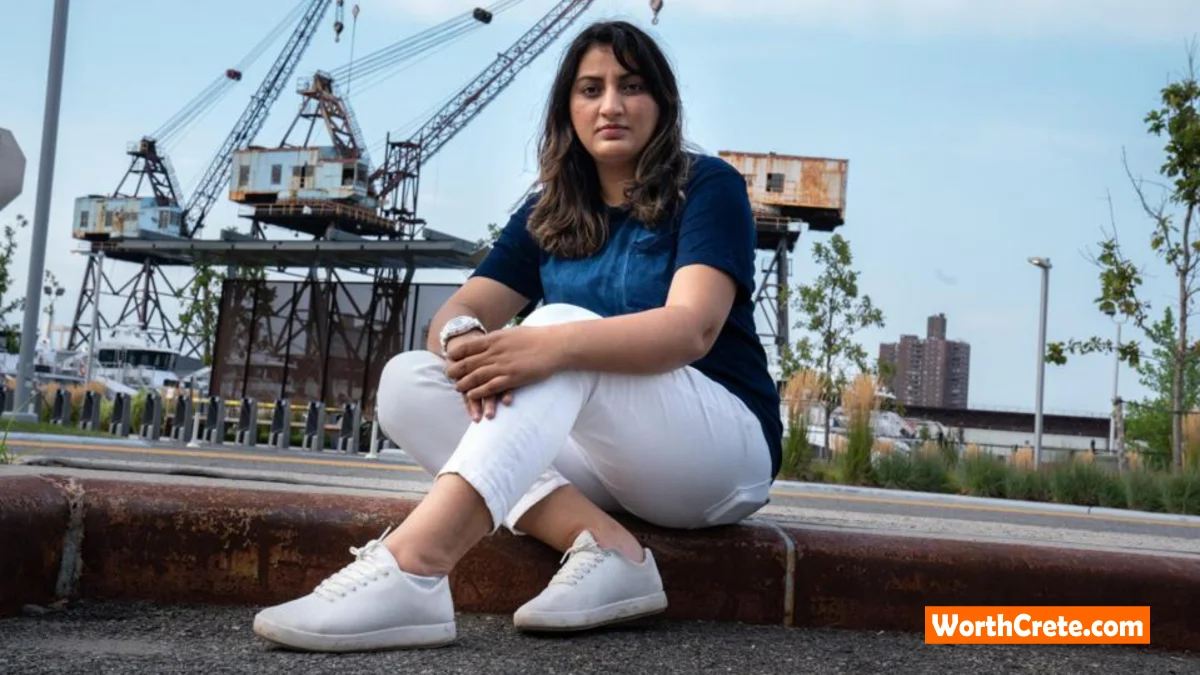
Sidra Qasim is the co-founder of Markhor, a Pakistani business that intends to change the focus away from mass production of shoes and reintroduce the notion of handcrafted shoes, which need many hours of effort and care. These handcrafted shoes manufactured by locals are then marketed in foreign marketplaces throughout the world.
Her business used the Internet to take the traditional aspect of the Pakistani shoe industry worldwide. She began Markhor with working artisans in Okara, but the startup’s concept changed dramatically after Google presented them with a grant, which increased their drive.
Within three years, the firm had become enormously successful, and they were able to extend their local shoe manufacturing sector on a worldwide scale, to the point that they now had designers stationed in San Francisco. The first startup approved into the Silicon Valley accelerator was Markhor.
17. 17. Arusha Imtiaz
17.1. Founder – Edjuntion
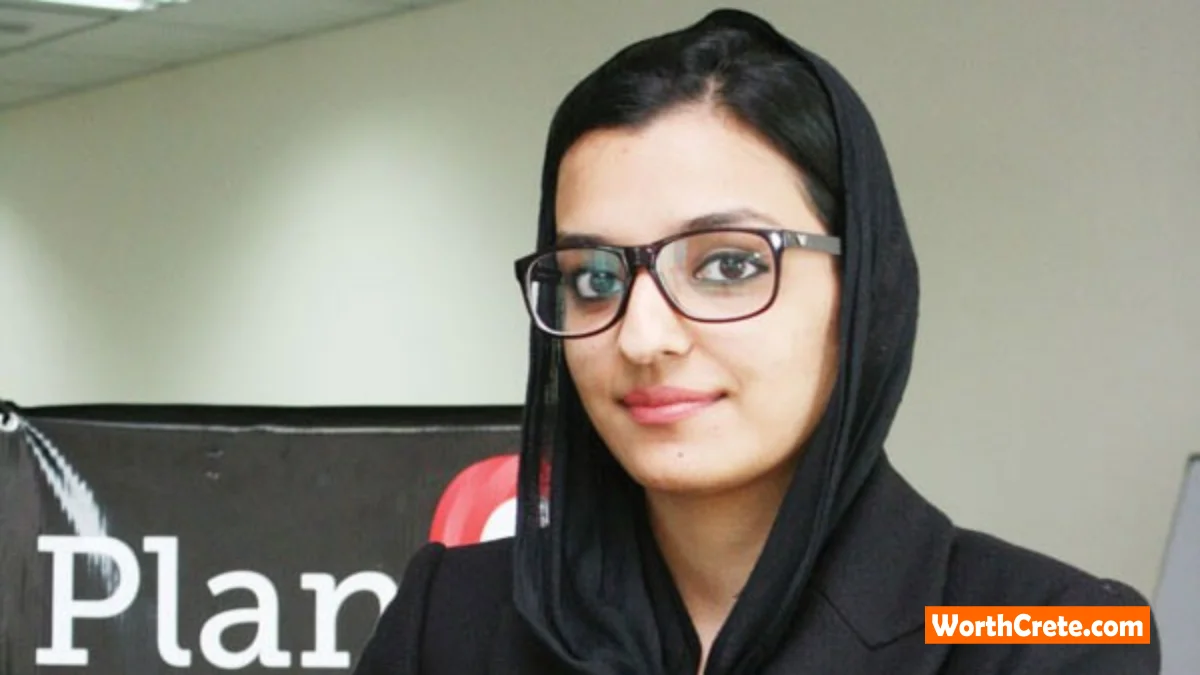
Arusha Imtiaz is a young entrepreneur from Lahore who founded Edjuntion, a firm that allows parents to communicate directly with their child’s instructor and receive frequent updates on their child’s progress. Her company has aided in the development of a bond between parents and their children, as well as bringing about significant change in Pakistan’s educational system.
She is a Lahore University of Management Sciences (LUMS) electrical engineering graduate who began her entrepreneurial path by creating the SMAC Factory, a firm whose goal was to combine four SMAC technologies, namely social, mobile, analytics, and cloud, to promote corporate innovation.
Aside from Edjuntion, Arusha and her firm are presently working on another project, The Crib, both of which are proving to be quite successful. Her team is also working with the Lahore City District Government to integrate Edjuntion into their local school system. Arusha may potentially want to introduce Edjunction in foreign markets.
18. 18. Sahr Said
18.1. Founder – Beauty Hooked
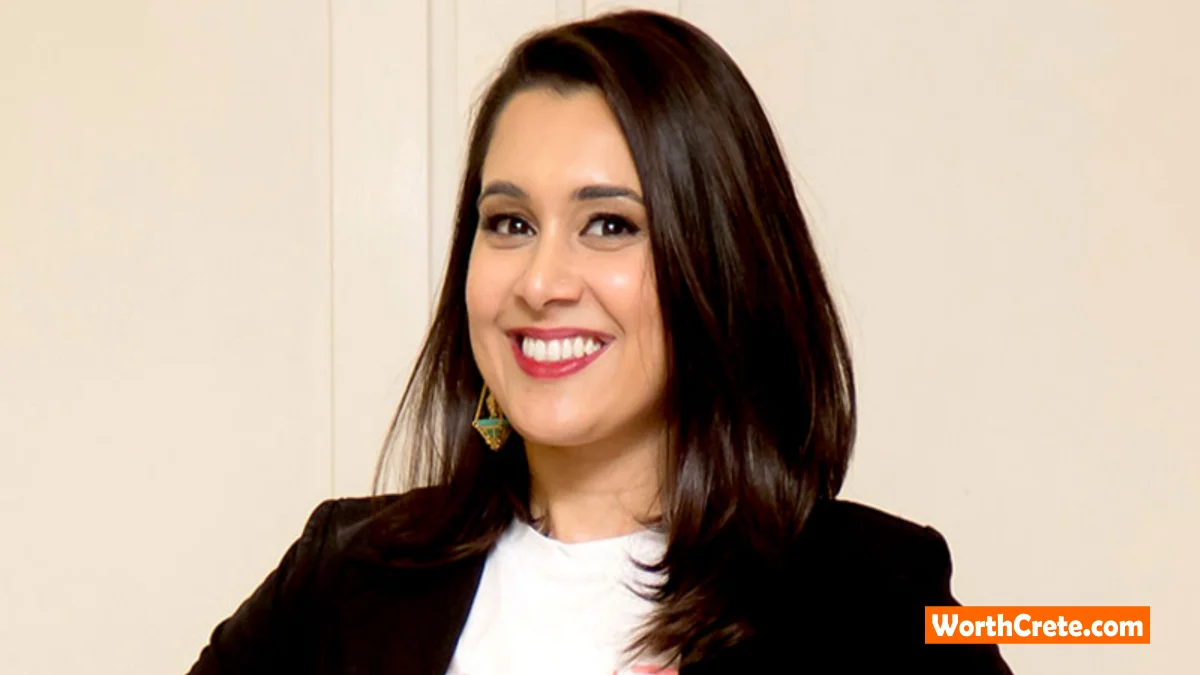
Sehr Said is the creator of BeautyHooked, a firm that is revolutionising the way people use and consume beauty goods and services in Pakistan. BeautyHooked is an online gateway that allows women to search for, find, compare, and book beauty treatments at any time or location.
Sehr’s company has proven to be extremely useful for many women in Pakistan, particularly young brides-to-be. It has made it easier for women to determine which cosmetics or salon choice to use or which would be more suited to the appearance they wish to achieve.
After seeing and experiencing the service and quality for themselves, Sehr’s trusted staff and ambassadors provide their personal recommendation for these beauty salons. She also intends to make it a one-stop store for all beauty goods, which can be bought online and delivered to your house.
19. 19. Rameeza Moin
19.1. CEO – Transparent Hands
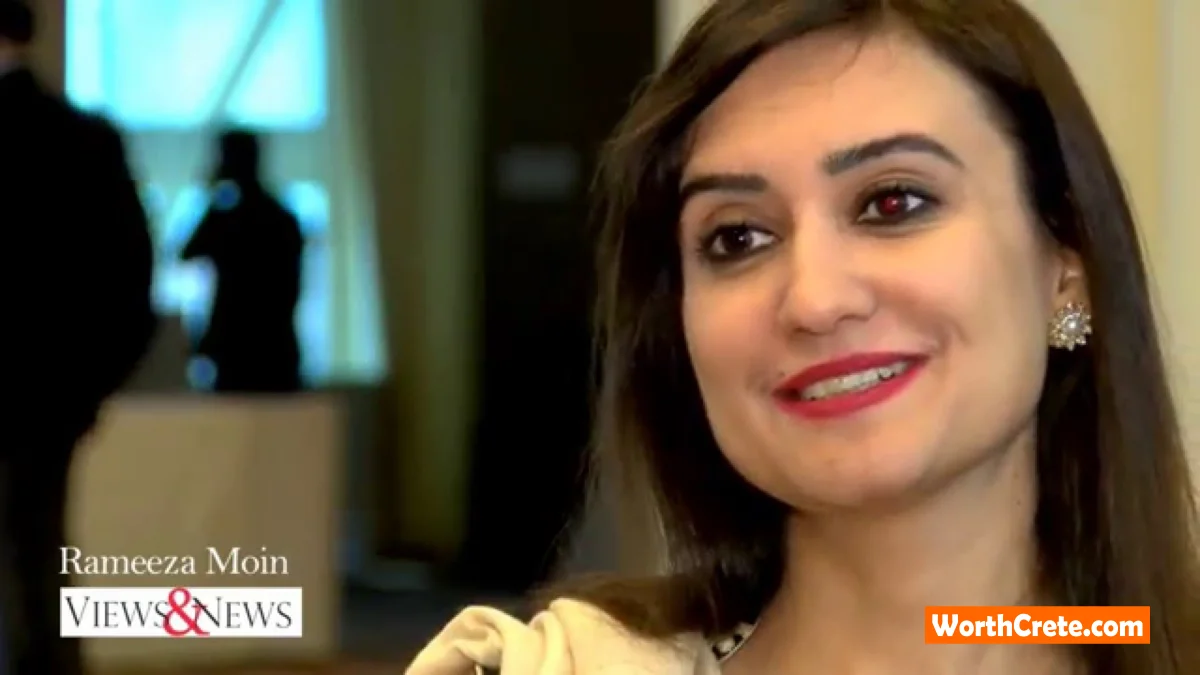
Rameeza Moin, the founder and CEO of Transparent Hands, is one of Pakistan’s most inspiring female entrepreneurs. She is an educator who has devoted a significant portion of her life to this field. There are millions of poor individuals in Pakistan who are unable to meet their families’ basic necessities.
This is where Rameeza got the concept for her business and chose to focus her efforts on assisting people who couldn’t help themselves. She and her brothers devised the concept of raising funds through crowdsourcing to assist patients who were unable to pay for the pricey hospital procedures on their own.
Her proposal, however, was first met with a lot of criticism until she discovered Plan9 incubator, which enabled her goal to develop her firm, Transparent Hands, which has benefited a lot of people in Pakistan.
20. 20. Sana Khan Niazi
20.1. Founder – Paimona

Sana Khan Niazi is the creator of Paimona and an artist who enjoys experimenting with many kinds of expression, such as design, visual arts, and performing arts. Sana studied Accounting and Finance as an undergraduate before joining Anwar Maqsood’s theatre company for four years.
Knowing how much ability and expertise her country’s people have, she wanted to use that potential and work with it to make Pakistani-produced furniture available in other nations across the world.
Her business does not only create furniture, but puts a modern twist to traditional Pakistani furniture, making it more unique and increasing its international demand. Sana’s venture has sold enormous quantities of furniture via the company’s Facebook social media page, and she hopes to globalise the “Made in Pakistan” mark.
21. 21. Sihah Waris
21.1. CEO – RiseMom

Sihah Waris is the founder and CEO of RiseMom, a business that creates a stress-free online childcare monitoring system to help professional women achieve a balance between the demands of their work lives and the responsibilities of motherhood.
This internet platform and smartphone application enabled working women to communicate with their children via live videos and daily status updates on their children’s activities. Sihah began her professional career in 2013, when she founded Solugix Pvt Ltd., a web development and design agency that also provides IT solutions to small and medium-sized businesses all over the world.
Sihah was one of the first students to be accepted into the Islamabad Chapter of the Founder Institute, thanks to a scholarship. She was the first female graduate of this entrepreneurial accelerator programme, and she was also named “Top Founder” for her RiseMom firm.
22. 22. Dr. Zeelaf Muneer
22.1. CEO – English Biscuit Manufacturers (EBM)
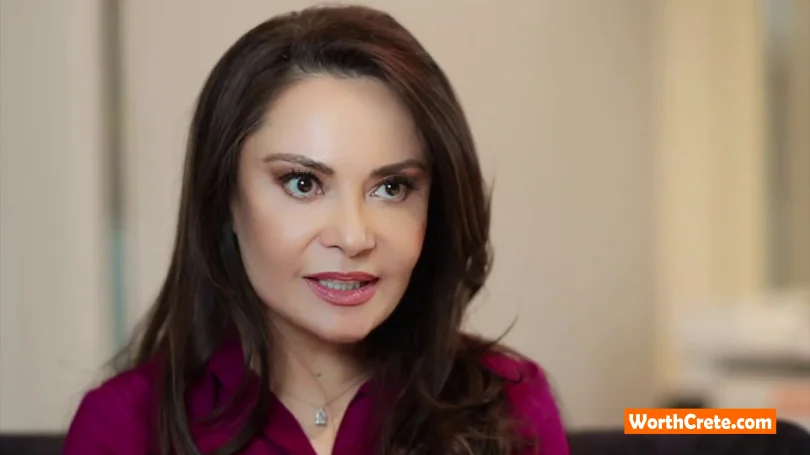
Dr. Zeelaf Munir, a psychiatrist by training, is the current Managing Director and Chief Executive Officer of English Biscuit Manufacturers, Pakistan’s largest biscuit manufacturer.
Dr Zeelaf Munir is a lady who has the best of both worlds, having trained as a physician as well as being a management expert with 20 years of leadership and administrative experience. With her dynamism, work ethics, and personality, she continues to discover methods to propel English Biscuit Manufacturers to the next level, and has defined the company’s new age. She was also just named one of the F&B Regional Titans.
Munir has over 20 years of experience in clinical practise, management, and business. The CEO is also a frequent speaker at Pakistan-American conferences.
23. 23. Nasreen Mahmud Kasuri
23.1. Founder – Beaconhouse Group
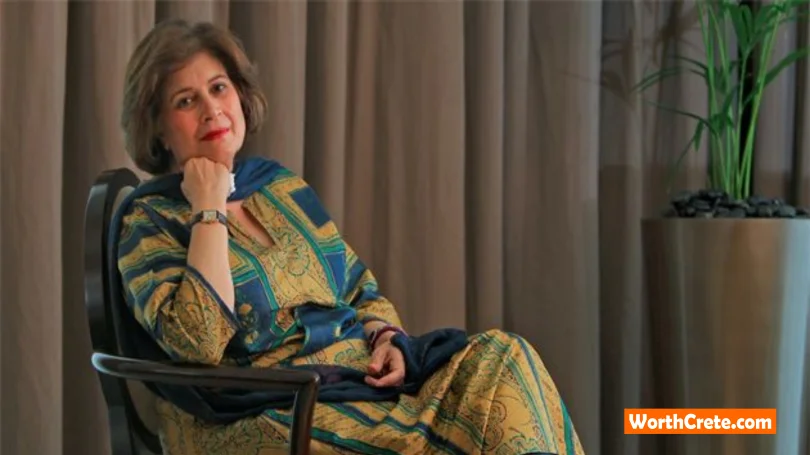
Ms. Nasreen Mahmud Kasuri, who founded Beaconhouse as a modest nursery in 1975, transformed it into one of the world’s largest school systems in a little more than four decades, owing to her commercial skills. She has also played an important part in the empowerment of women in the country, and now, more than 62% of Beaconhouse employees are women, with a very high number in senior management!
Nasreen Mahmud Kasuri, the wife of former Foreign Minister Khurshid Mahmud Kasuri, is possibly even more accomplished than her husband, being renowned mostly for her own achievements. Kasuri, the Chairperson of Beaconhouse Group, Pakistan’s largest private school network, is a well-known figure in the country’s private education industry – it is reasonable to say she pioneered the business of education in Pakistan.
Kasuri received the ‘Woman Power 100 award’ in London for her contributions to the international Pakistani community (2012). Pakistan Power 100 is an annual event that acknowledges and honours outstanding Pakistanis from the international Pakistani community. She was also granted the ‘Sitara e Eisaar’ by the Government of Pakistan in 2006 for her charitable services.
24. 24. Naz Mansha
24.1. CEO – Nishat Mills Limited
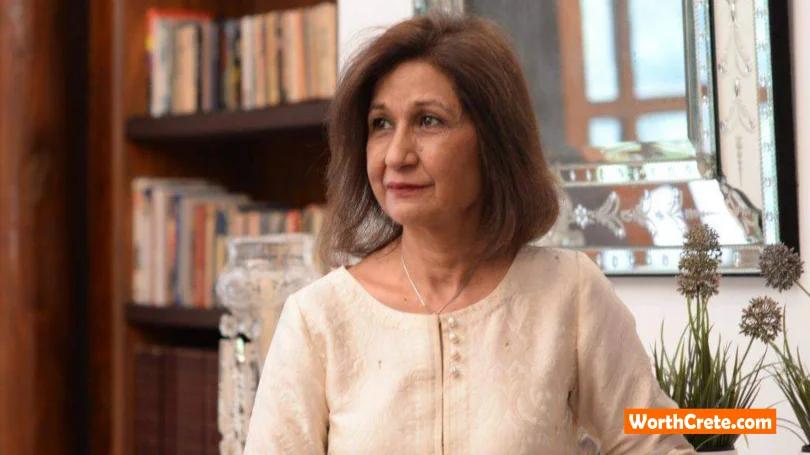
There are far too many successful women in Pakistan’s fashion and garment industries. However, a few have aided the industry’s growth. Naz Mansha, CEO of Nishat Linen, and the famed team of Sana Hashwani and Safinaz Muneer, best known for their brand Sana Safinaz, are two examples. These female entrepreneurs, all from wealthy backgrounds, entered the fashion industry at the same time in 1989.
Naz Mansha, the wife of business billionaire Mian Mansha, founded Nishat Linen (NL), a small-scale bedding and housewares company. Hashwani and Muneer, then newlywed sisters-in-law, began their adventure with wedding and formal clothes.
I believe that the best training is that which one gets through practical experience and exposure.
Naz Mansha
Naz Mansha has been an icon in an industry driven by patriarchal structures, dedicating her life to change the actual fabric of society. Part of the Nishat Group, Naz founded Nishat Linen and Nishat Mills with a home furnishing sewing concept and quickly expanded it into a fabric empire. This is a genuine powerhouse of a woman!
However, Sana Safinaz’s own lawn collection debuted in 2010, and she expanded into pret wear in 2012. As of today, the designers and CEOs have expanded their portfolio to include interior design.
Today, when the fashion clothing business is one of the largest in the country, these women are able to compete on the basis of their 25 years of expertise and, especially, creativity – the core foundation of their operations.
25. 25. Shehnaz Basit
25.1. COO – GulAhmed
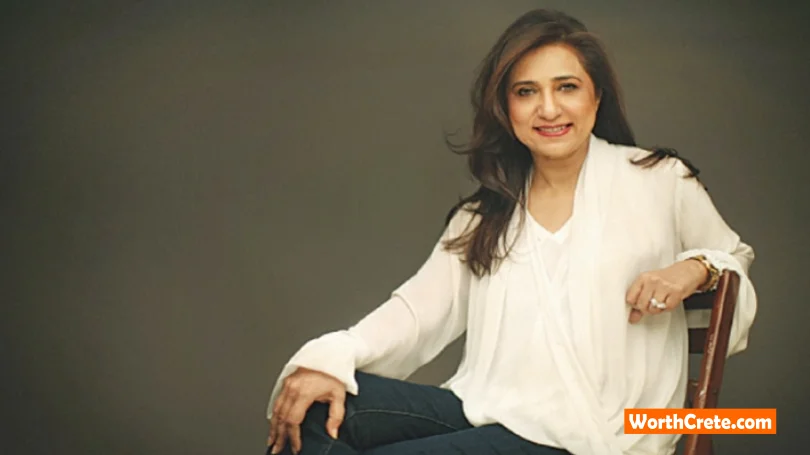
Shehnaz Basit, the lady who transformed lawn into the massive monster it is today, is a name no one in the fashion or textile industries would ever forget. She is a strong supporter of women’s empowerment and has worked at GulAhmed for almost three decades.
Textiles, in the past, was mostly family-owned businesses. My greatest challenge was breaking into such a male-centric industry.
Shehnaz Basit
She is a source of encouragement for women in Pakistan and has repeatedly demonstrated her abilities as Chief Operating Officer.
26. 26. Amber Saigol
26.1. Chairman – Pakistan Herald Publications

The family is part of the powerful Saigol-Haroon dynasty, which is led by Amber Haroon Saigol and merges two of Pakistan’s most powerful commercial families. Amber is at the helm of everything, now overseeing Dawn News television, City FM 89 radio station, Dawn.com news website, and English language periodicals such as the Aurora.
27. 27. Masarrat Misbah
27.1. Founder – MM Makeup/Depilex
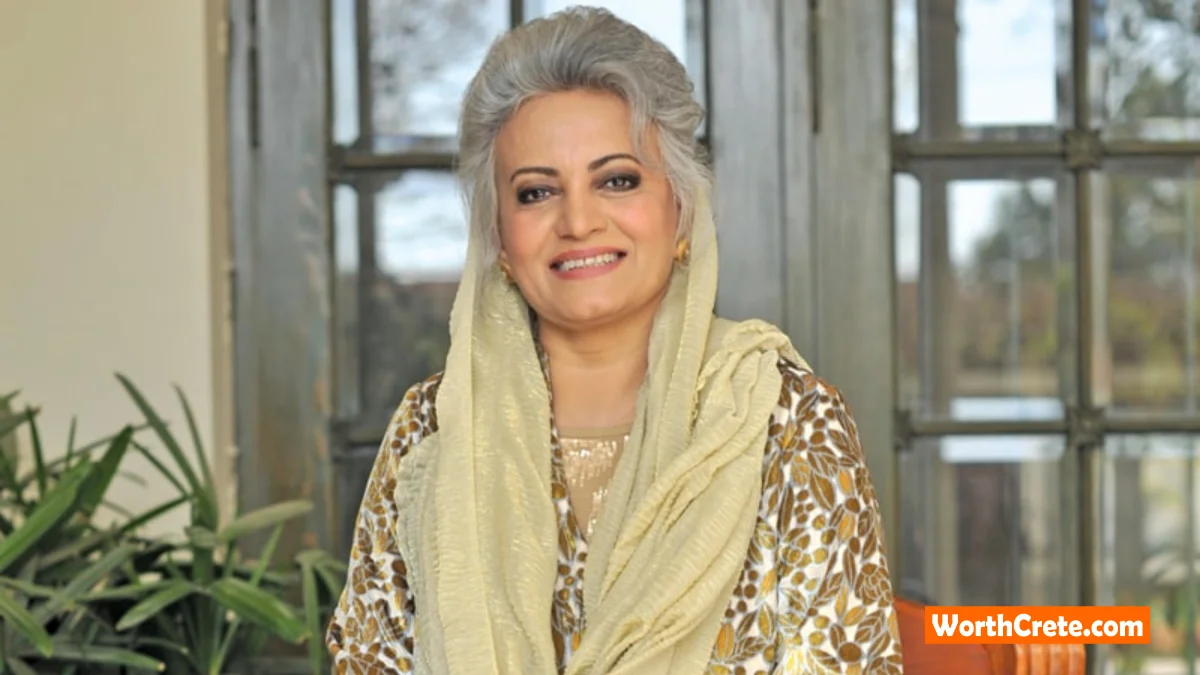
Masarrat Misbah, a modern-day Florence Nightingale, is a charismatic figure who has transformed countless lives via her struggle against acid-throwing. She is a multi-talented woman whose name requires no introduction. She is a renowned entrepreneur, cosmetologist, and philanthropist, as well as Pakistan’s first beauty expert, having pioneered the trend of professional beauty salons in the nation with the Depilex Group, as well as launching MM Makeup.
28. 28. Sadia Rashid
28.1. President – Hamdard Pakistan & Hamdard University

Sadia Rashid’s name is as legendary as the brand she represents, and in the case of Hamdard, this is totally true. She has been an icon for the corporation that altered the way herbal treatment was perceived in the Subcontinent, and she now maintains a particular role as President of the Hamdard Pakistan group, as well as an educationist and chancellor at Hamdard University.
29. 29. Sana Hashwani & Safinaz Munir
29.1. Founders – Sana Safinaz
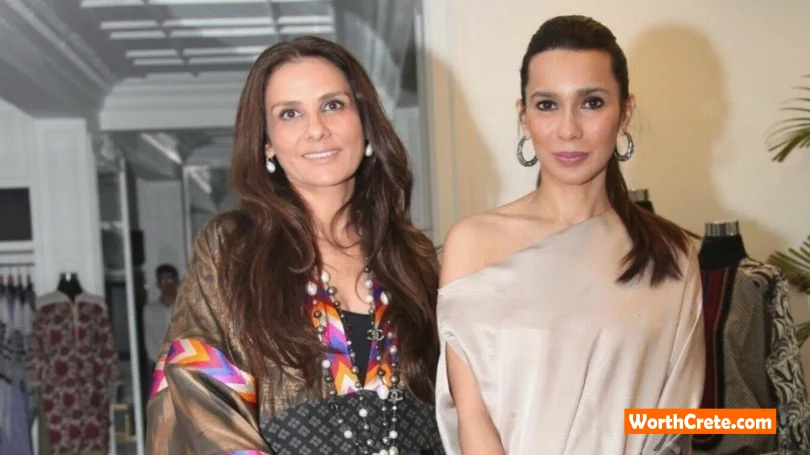
Sana Hashwani and Safinaz Munir, proving the power of two in fashion, are as big as it gets in the country’s couture, prêt, and lawn worlds thanks to their continual hustling over the previous three decades. They have built an empire out of what began as a little home-based business known as Sana Safinaz, and are now household names that no one can refute!
30. 30. Iqra Hassan Mansha
30.1. CEO & Director – Nishat Hospitality Private Limited
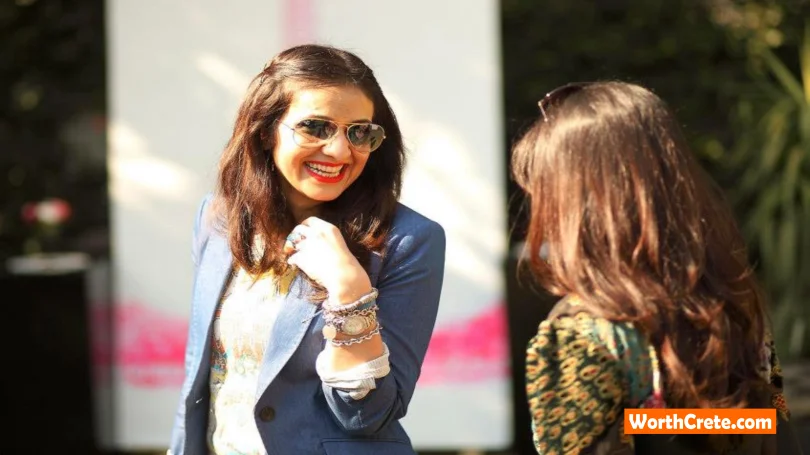
Iqra Hassan Mansha, CEO of Nishat Hotels and Properties, is one of the most creative and youthful CEOs Pakistan has seen, changing the notion of what hospitality means in the nation. She began with a modest boutique hotel in Lahore and has just opened the state-of-the-art Emporium Mall and Nishat Hotel Emporium, which she refers to as her gift to the people of Lahore, and it certainly is!
31. 31. Maria Butt
31.1. Founder – Maria B.
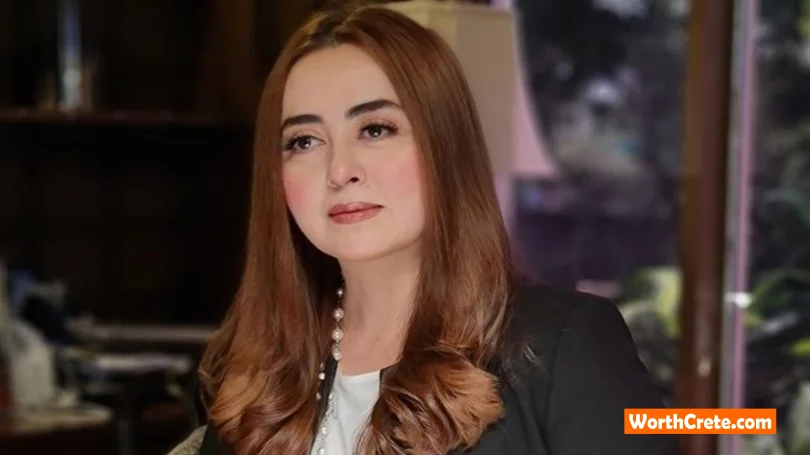
Maria Butt, a fashion designer with a larger purpose, established herself as an industry star with her brand, Maria B, which quickly became a household name. Starting almost two decades ago, the designer went on to develop a vast market for her designs and is now the proud owner of an empire that produces one of the most popular designs in the country.
Maria Butt, a graduate of the Pakistan Institute of Fashion and Design, founded the company in 1999 in Lahore, Pakistan. She was part of the inaugural graduating class and was the best student for all four years of fashion school.
32. 32. Seema Aziz
32.1. Managing Director – Sefam Private Limited

CARE Foundation now maintains 256 schools, many of which are in rural regions, and over 160,000 kids are enrolled in the world’s second biggest school system.
Aziz’s brand, on the other hand, has already developed into four significant retail brands for children, namely Chinyere, Kayseria, Leisure Club, and Minnie Minors. With over 5,000 workers and 190 retail locations globally (including the UAE, India, the United Kingdom, and Malaysia), Bareeze is donating 1.3 percent of sales earnings to the CARE Foundation.
Aziz now serves on the boards of the Pakistan Fashion Design Council and the Punjab Education Foundation. In addition to her legal degree, Seema completed the Harvard Business School OPM (Owner/President Management) programme. Aziz received the Barclays UK Women of the Year Award in 2016.
33. 33. Vadiyya Khalil
33.1. Chairperson – Competition Commission of Pakistan

Khalil, who holds a Management Sciences degree from the University of Kent in the United Kingdom, was appointed Chairperson of CCP in December 2014. During her leadership, Global Competition Review raised CCP’s rating from 2.5 to 3 in 2016. GCR is a major competition law and policy magazine and news service for 10,000 competition specialists across the world.
Making up to the top of the consumer watchdog for anti-competitive behaviour is no easy task, but Khalil is no stranger to high positions. Khalil has held many prominent roles in different financial and business sectors institutions over her over 20-year career. Khalil has worked with leading companies in the industry, including Credit Agricole, ANZ, and Grindlays, as well as local institutions such as the National Bank of Pakistan, Muslim Commercial Bank Limited, and Askari Commercial Bank.
After successfully completing their roadshows on Competition Law for the business community — 40 seminars in 22 locations in 2015 — she is now taking her awareness campaign a step further: CCP will now organise academic road shows in 35 institutions throughout Pakistan.
34. 34. Aisha Ghaus Pasha
34.1. Finance Minister – Punjab
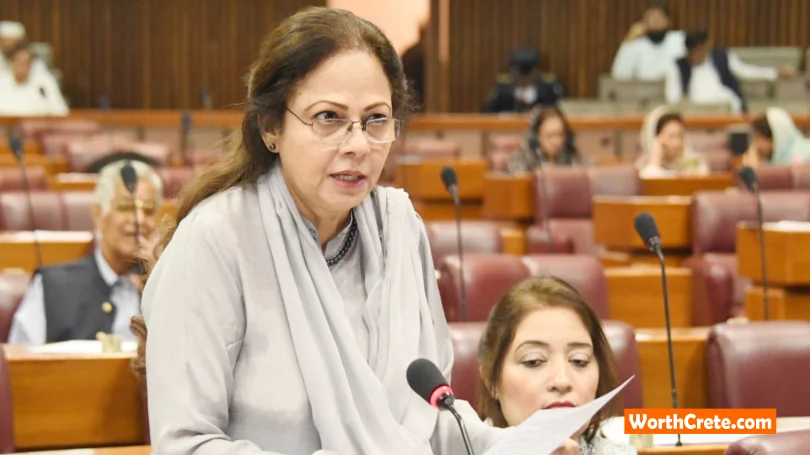
The federal finance minister is the most important executive after the prime minister since he is the country’s economic manager, however managing the economy of Pakistan’s biggest province (by population) is no easy task, nor is the person holding this position: Meet Dr. Aisha Ghaus Pasha, Punjab’s Finance Minister.
She was born in Lahore on March 3, 1962, as the wife of Dr. Hafiz Ahmed Pasha. She holds BA (Hons), M.A (Economics), and Masters of Applied Science in Economics degrees from the University of Karachi in Karachi. In 1991, she received her Ph.D. in Economics from the University of Leeds in the United Kingdom.
She served on the Board of Directors of the Pakistan Poverty Alleviation Fund. She was a consultant for a number of international and bilateral organisations, including the United Nations Department of Economic and Social Affairs.
She has approximately 75 books, papers, and essays published in national and international periodicals. She was elected to the Punjab Provincial Assembly in 2013 against one of the seats designated for women, and she now serves as Minister of Finance. Her spouse, a former Federal Minister, is a well-known Pakistani economist.
35. 35. Anusha Rahman
35.1. Minister of State, Information Technology and Telecommunication
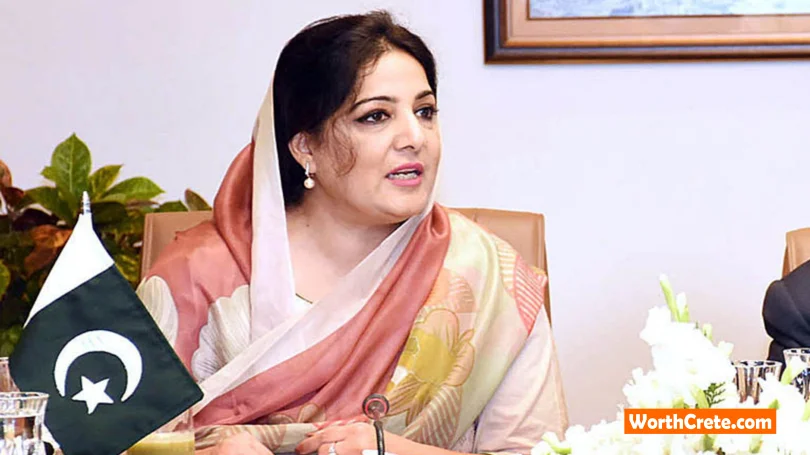
Anusha Rahman, Minister of State for Information Technology and Telecommunication, is a well-known figure in the country; after all, a single decision made by her may effect up to 137 million cellular customers.
Rahman, a law graduate from the University College London in the United Kingdom who specialises in the Law and Economics of Regulated Industries, Networks, and Markets, has been an active politician since 2006. She formerly worked as Corporate Legal Counsel for Telenor Pakistan, a major mobile telecommunications company. Rahman’s legal practise has focused on constitutional, business, and telecommunications law.
Rahman received the UN’s “GEM-TECH Global Achievers 2015′ award for her dedication to empowering women via technology. In March 2017, she also got the “Government Leadership Award” on behalf of the Pakistani government.
36. 36. Mehvish Muneera Ismail
36.1. Company Secretary & General Counsel, HBL Microfinance Bank

Ms. Mehvish Muneera Ismail is a seasoned professional with over a decade of diverse legal experience, specialising in corporate and commercial advising, covering regulatory and legal compliance, corporate governance, and company and banking regulations. Her professional experience has taken her to Qatar, the United Kingdom, the United States, and Pakistan.
My greatest challenge has been societal perception. There is a certain lens through which women are seen, and certain roles and responsibilities that societal bias places on them.
Mehvish Muneera Ismail
Ms. Ismail was the Chief Legal Officer of U Microfinance Bank Ltd. before joining HBL MfB. She has a bachelor’s degree. An LL.B from LUMS in Pakistan and an LL.M from the University of Cambridge in the United Kingdom, where she received the Cambridge Commonwealth Trust Award and the Noon Educational Foundation Award, and was later named a Cambridge Pegasus Scholar.
Mehvish was also named the winner of Pakistan’s first Women in Law Awards 2020-2021 in the category of “In-house Legal Counsel.” Mehvish is now the Company Secretary & General Counsel of HBL MfB, with an interim assignment as the Head Communication.
37. 37. Dr. Sara Saeed Khurrum
37.1. CEO & Co-Founder, Sehat Kahani
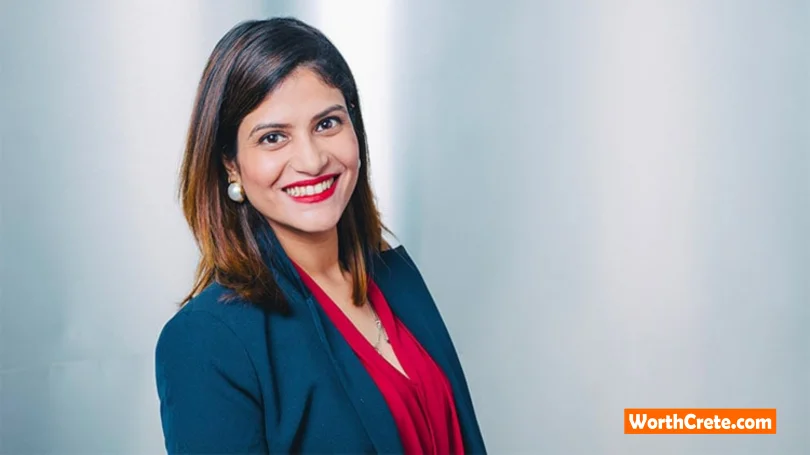
Dr. Sara Saeed Khurram is Sehat Kahani’s Co-Founder and Chief Executive Officer. Sehat Kahani is an all-female health provider network dedicated to developing high-quality, cost-effective, ICT-enabled health care solutions for places where health access, quality, and affordability remain a pipe dream.
Dr. Khurram has received several honours for her efforts, including the Rolex Awards 2019 as Ass. TIAW Award Laureate, CRDF Global Award, Ashoka Changemakers, ISIF Asia, Unilever Sustainable Living Young Entrepreneurs Awards, UNICEF-Global Goal Campaigner Award 2016, and Arpatech Young Entrepreneurs Award 2017. She is also a Cartier Award nominee and Pakistan’s first Frontier Innovator.
Society seems to think that female entrepreneur are not able to scale up or create big businesses. People still question our progress with scepticism assuming it is based on luck.
Dr. Sara Saeed Khurrum
She is a 2016 Acumen fellow, a TEDx speaker, a Cherie Blair Foundation alumna, and has participated in well-known accelerator programmes such as Invest2Innovate, Frontier, and the Amplify programme.
38. 38. Farheen Salman Amir
38.1. President BSPAN & GM Pakistan, Ekaterra (Unilever)
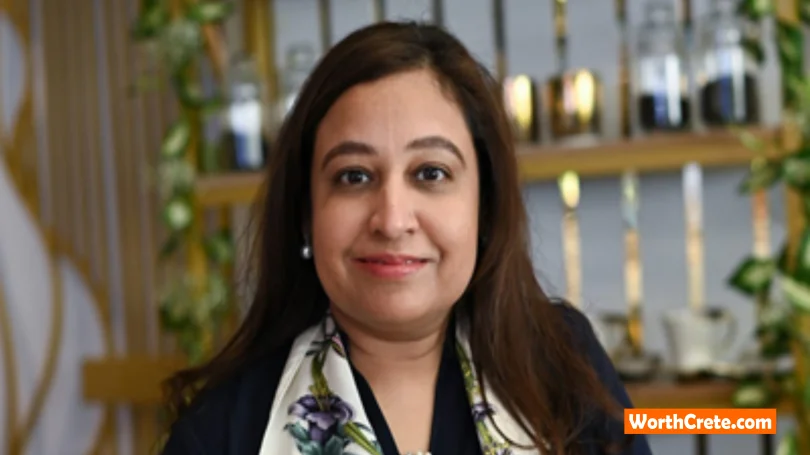
Ms. Farheen Salman Amir, MBA Class of 1997, has been named President (Bangladesh, Sri Lanka, and Pakistan) and General Manager Pakistan of Unilever’s ekaterra business.
The biggest risk that I took for my career and family was when I was offered a role in Turkey within Unilever. As my husband did not want to leave Pakistan. I had the choice of either letting go of the once in a lifetime opportunity or putting my family life at risk.
Farheen Salman Amir
Throughout her career, she has headed a variety of sectors, including Personal Care, Ice Cream, Food and Beverages. She assisted in the redesign of three distinct portfolios: Lipton and Brooke Bond tea, Knorr Foods, and Wall’s ice cream.
39. Conclusion
Women in positions of public decision-making are more aware of the implications of their actions and policies for women, children, families, and communities. The response to the epidemic and disputes would be more sophisticated and inclusive if more women held positions of power.
If you liked this article, then please do share it on the Social Media. If you have a question or suggestion? Then you may leave a comment below to start the discussion.


